Spotting unhelpful thinking habits
If you have habitual or automatic thoughts that cause you, for example, to feel self-conscious, anxious, nervy, or not good enough, and lead you to behave in ways which aren’t good for you, then that’s an unhelpful thinking habit. The sort of thoughts I’m talking about include:
- “I have a bad feeling so something bad is going to happen.”
- “I can’t do this. I’ll look like an idiot.”
- “I’m not worth more salary”
- “Everyone is better qualified and smarter than me”
- “I know my boss doesn’t like me”
Unhelpful thoughts like these lead to negative feelings and unhelpful behaviour. It’s the negative behaviour that can be holding you back in your career as you can see in the example below.
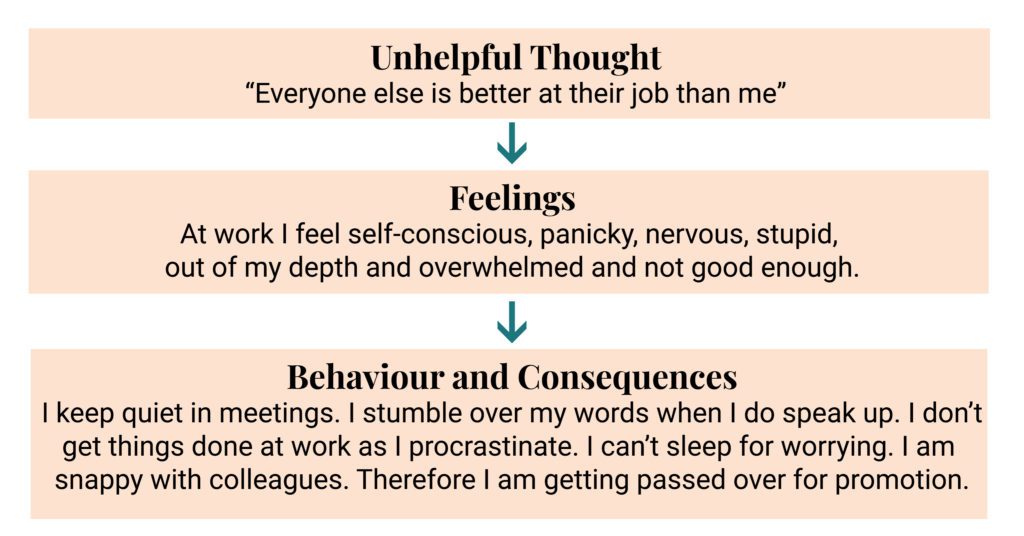
Most unhelpful thoughts fall into one of these 10 thinking habits

1 Catastrophising – Blowing things out of proportion – viewing a situation as a disaster even though the reality is that the problem can be quite small.
Example: “I was 5 minutes late for work today, so I’ll probably get sacked.”
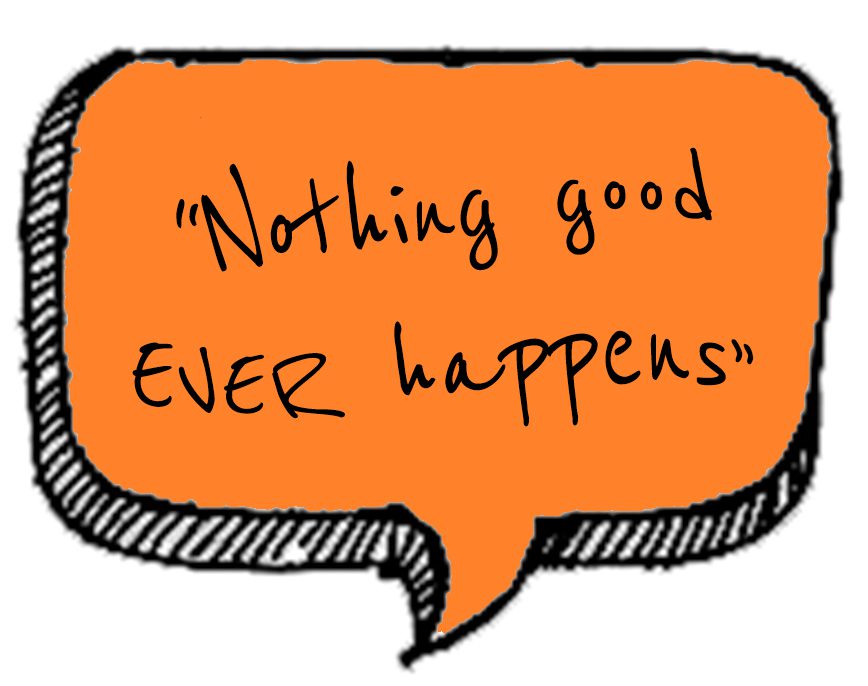
2 Overgeneralisation – Taking one instance and applying it to current or future situations, or seeing a pattern based on a single event. Using lots of “You always…”, “Everyone else.. or “I never…”.
Example: “I never get the opportunity to speak.”

3 Emotional Reasoning – Basing your view of situations or yourself on the way you are feeling. Assuming because you feel a certain way then it must be true.
Example: “I feel embarrassed so I must be an idiot.”

4 Fortune Telling – Believing you know what is going to happen in the future and thinking everything is pre-ordained.
Example: “I will not get the job so there is no point in applying.”

5 Mind Reading – Jumping to conclusions when you assume that you know what someone else is thinking.
Example: “He thinks I don’t know what I am talking about.”

6 Ignoring the Positives – Filtering out all positive aspects of a situation and magnifying the negative ones.
Example: You have a good review at work with one mild criticism and that’s what you fixate on.

7 Personalisation – Blaming yourself for anything that goes wrong, even when you may only be partly or not responsible at all. Also blaming others for something that was your fault.
Example: “My boss is irritable today so I must have annoyed her.”
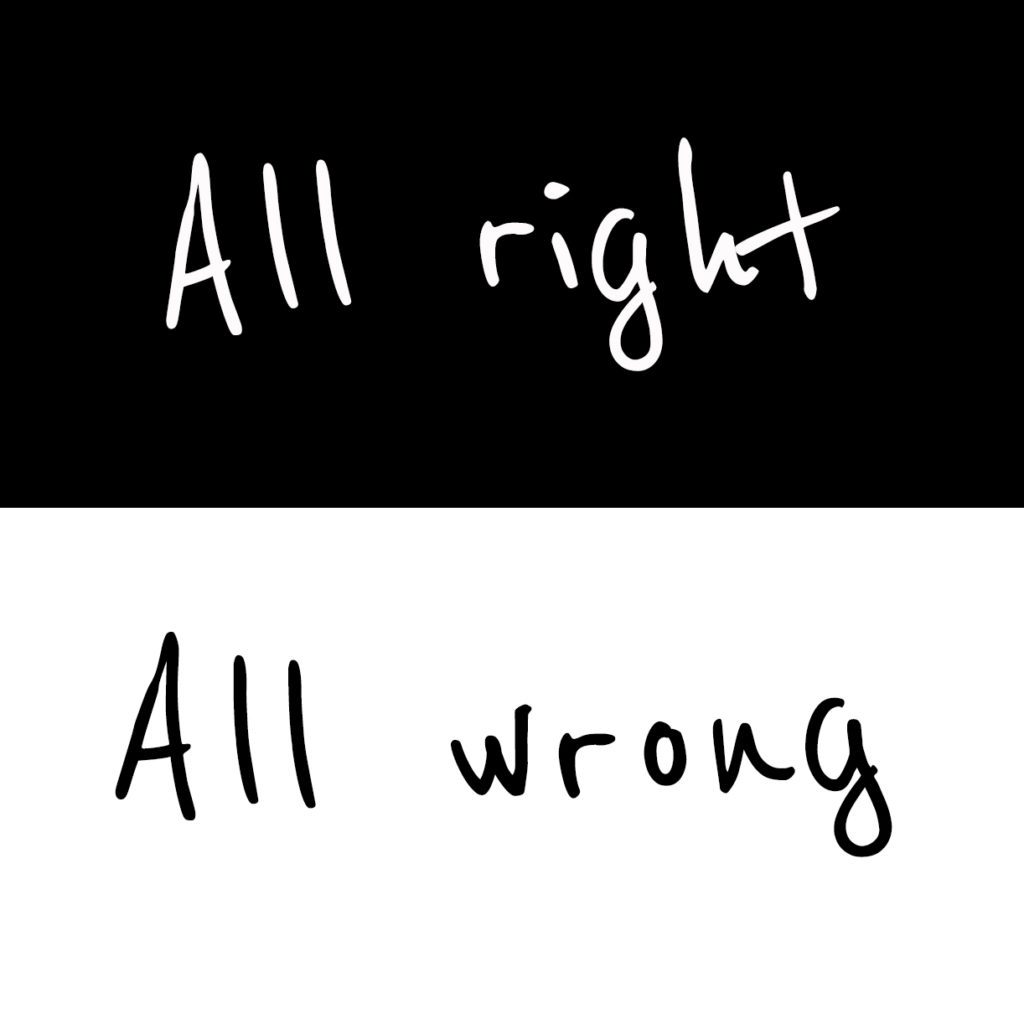
8 Black and White Thinking – Thinking that situations and people are either right or wrong, good or bad and so on, and not allowing for shades of grey and complexity.
Example: “If I am not perfect, I have failed.”
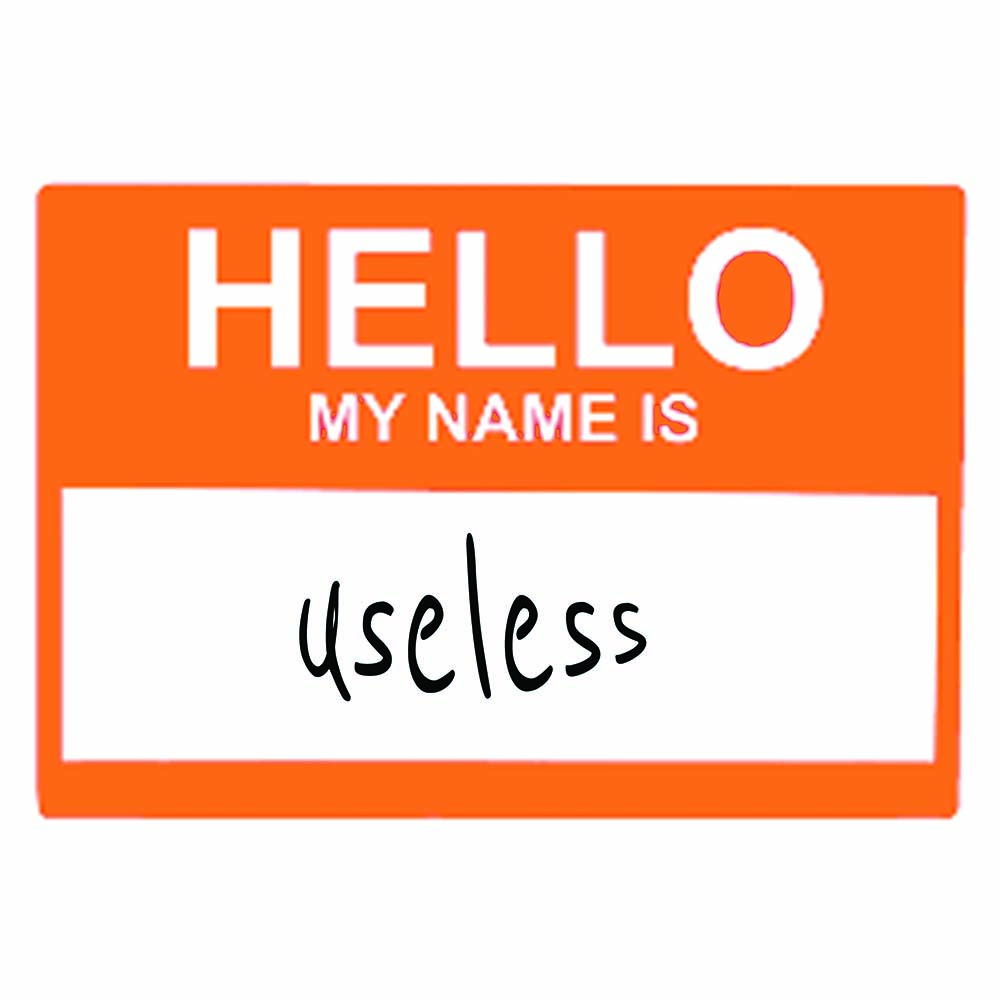
9 Labelling – Branding yourself and others with universal statements based on behaviour in specific situations. Using this label even when there is evidence to the contrary.
Example: “I am useless.”
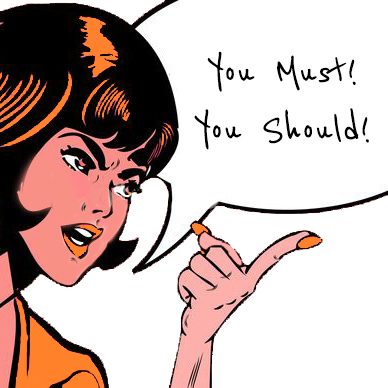
10 Shoulds and Musts – Making ironclad rules and unrealistic demands for yourself or others. Using lots of “I should…”, “I ought to.., “They should…”, “You must…”
Example: “I must always succeed in everything I do.”
If you have any, some or all of these unhelpful thinking habits, then the good news is that, like all habits, they can be changed.
I have a 3 step self-help method, Recognise, Rationalise and Reframe, that you can use to develop your habit of helpful thinking.
Step 1 is recognising your unhelpful thoughts and, as you have read this far, you will have already started doing that. Click here to learn more about my method for turning unhelpful thoughts into helpful ones.
